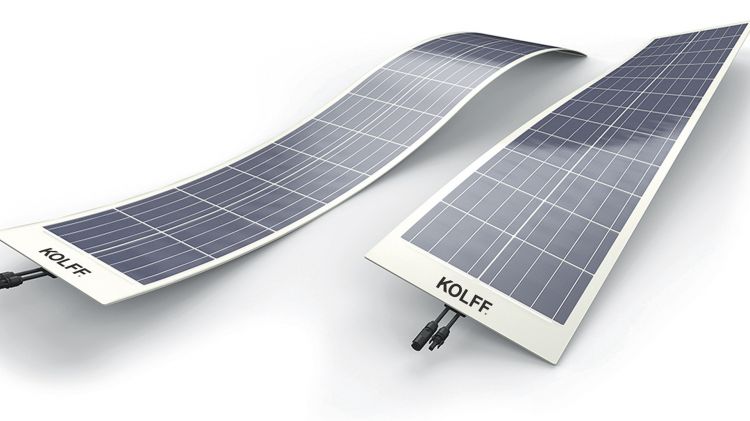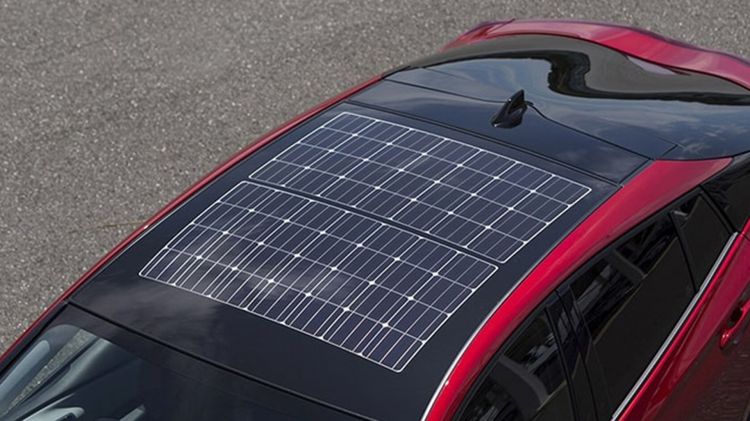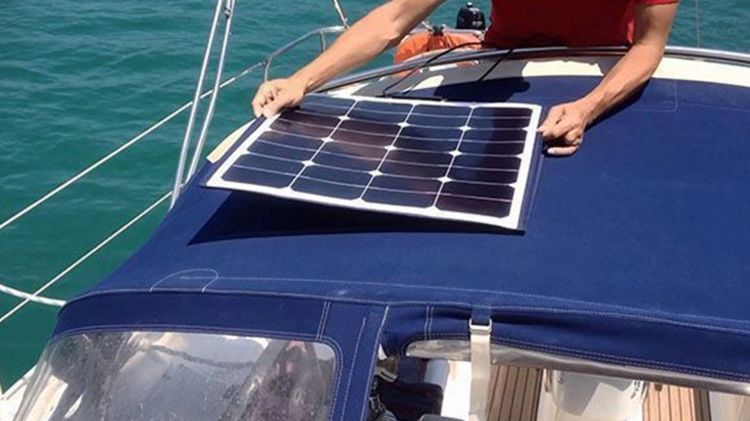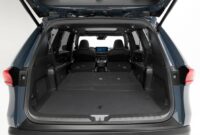If you have heard about the flexible solar panels and you are curious to know what they are, you have come to the right place to find the answer to your question. The first thing to know before going into the details, is that if you are a camper or anyone who needs portable off-grid power, flexible solar panels are ideal for you.
In general, we always carry with us some device that needs energy, such as our smartphones, cameras, tablets, among others. That is why it is very important that you learn what are flexible solar panelsas they can be very useful. They are very good for those moments when you urgently need some energy.
What are flexible solar panels?
The Flexible solar panels are a great option for those who need an adequate power source without connecting to the main public power source.. Flexible solar panels adapt to different surface shapes, are thin and light, unlike conventional solar panels.
Depending on what you want, and what your needs and budget are, flexible solar panels they can be a great way to make the sun work for you. It is true that have some limitations compared to standard solar panelsbut you can take advantage of them in multiple ways.
Flexible solar panels are ideal for recreational cars, boats, tents or camping, among others. If you want to use solar panels, installing the flexible versions is a quick and relatively inexpensive way to do it.
Types of flexible solar panels
There are three main types of flexible solar panels:
- Crystalline silicon panels.
- thin film panels.
- Adjustable panels made of organic materials.
crystalline silicon solar panels
Today most of the solar panels used are made of silicon. In a conventional panel based on thick and inflexible silicon cells. When silicon wafers are cut very finely, they gain flexibility without losing their photovoltaic properties.
These cells are good enough for applications where you want the solar panel to conform to a curved surface, such as on a caravan. It is a technology that has been reducing its cost and becoming more accessible.as the volume of silicon cell manufacturing increases worldwide.
thin film solar panels
thin film It is a type of solar cell where the photovoltaic material is printed on a surface. This is very different from the crystalline silicon solar cells that are more commonly used in most solar panels.
One of the main advantages of thin-film solar cells is flexibility. thin film cells they can be folded and even rolled. They can be placed on different materials, such as metal, glass and even fabrics. But while this is often a more promising technology than crystalline silicon, the latter has a larger market.
Because it has a larger market, it is much cheaper than the energy produced by thin-film technology.
Flexible solar panels made from organic materials
This third type of flexible solar panels, are made primarily of organic materials. The solar panel industry has faced difficulties because the electrodes are often very brittle.
But manufacturers have come up with this problem, using graphene electrodes to manufacture this type of solar panel. High expectations are placed on the use of this type of technology and it is hoped that new solar panels may offer better performance and durability.
Difference Between Flexible Solar Panels and Standard Solar Panels
Both flexible solar panels and standard solar panels use photovoltaic materials to produce power. However, standard solar panels are thicker, heavier, and ultimately more durable due to the rigid construction and layers of glass.
Though flexible solar panels can be less durable, are much easier to install, and are functional for a variety of applications.
What uses can be given to flexible solar panels?
Because they have unique characteristics, flexible solar panels can be used in multiple ways. These are just some of them.
- Small boats require a lot of power to keep their systems running; such as autopilot and radio systems. Flexible solar panels, by absorbing energy from the sun and converting it into electricity, can help charge the ship’s batteries.
- They are useful in RVs and RVs due to their portable nature. It can help keep lights on at night.
- During a walk it is essential to keep the phone charged. If the phone runs out of battery, flexible solar panels can help in this situation. They can be used to hold a backpack and used to power electronic devices.
- Flexible solar panels are very useful in camping.
Electronic devices can be charged for longer operating time.
Advantages of using flexible solar panels
Behind the popularity of flexible solar panels there are many features that can give you many advantages over traditional ones. Some of these advantages can be described as follows:
- They are more flexible than conventional solar panelssince they have fewer layers.
- It does not have a rigid structure.
- They have less weight than conventional ones since they stack less.
- Its configuration is easier.
- Transporting them is much easier.
- Are flexible and they can even be rolled up.
- They do not need installation in a specific space with additional elements.
- To function in the best way do not require high maintenance.
- Can be used on glass or windows and they are semi-transparent.
Disadvantages of flexible solar panels
Here are some of the disadvantages of flexible solar panels:
- They have one lower efficiency.
- Their shorter shelf life.
- With less stacking, need more space to distribute the layers.
- power generation can degrade up to 80% in 2 years.
- They dissipate less heat than conventional panels.







